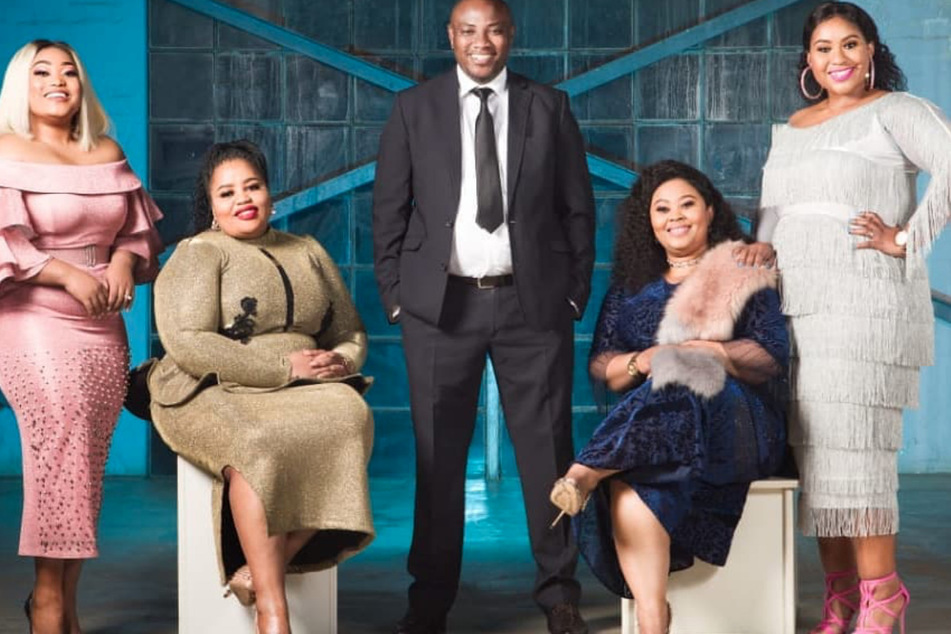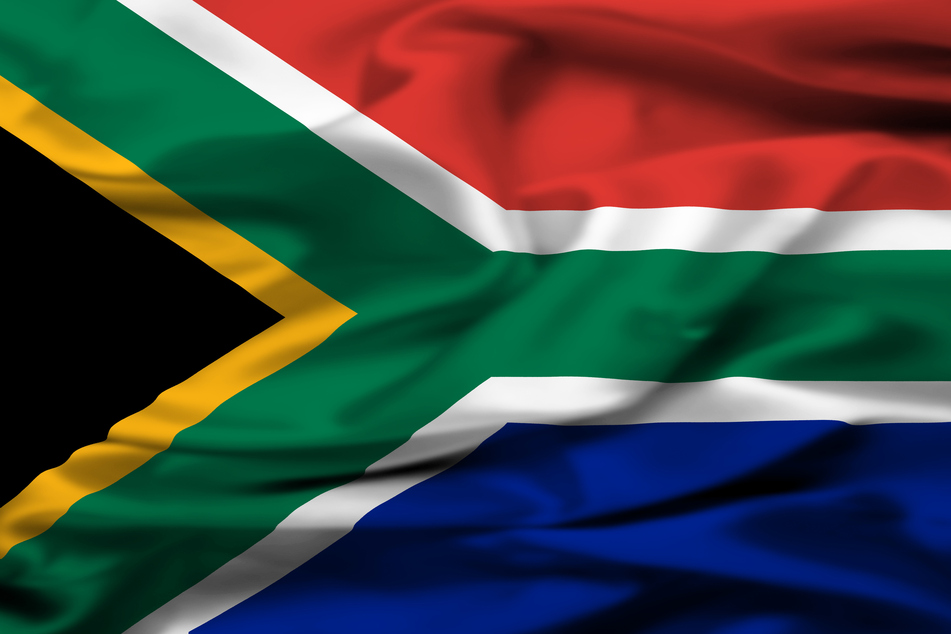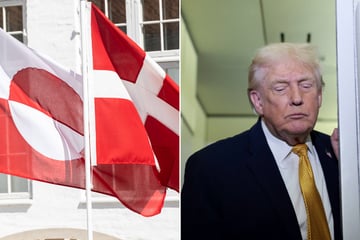South African proposal to make it legal for a woman to have multiple husbands faces pushback
Cape Town, South Africa – It's already legal for a man to marry multiple women in South Africa, but a new proposal to let a woman marry more than one man hasn't been met with the same acceptance from all sides.

Gender rights advocates are calling on the government to legalize polyandrous marriages, or relationships where a woman takes more than one husband, in the spirit of equality. Polygamy, in which a man takes more than one wife, has been legal in the country for over two decades.
The proposal is contained in a document called the Green Paper, the BBC reported. Charlene May of the Women's Legal Centre law firm said, "It's important to remember that this Green Paper sets to uphold human rights and we cannot lose sight of that. We cannot reject law reform because it challenges certain patriarchal views in our society."
But many South Africans disagree, including prominent polygamist Musa Mseleku. "This will destroy African culture. What about the children of those people? How will they know their identity?" said Mseleku, who stars in a South African reality TV show with his four wives.
"The woman cannot now take the role of the man. It's unheard of. Will the woman now pay lobola [bride price] for the man. Will the man be expected to take her surname?" he continued.
"I've been called a hypocrite because of my marriages but I'd rather speak now than be silent. All I can say it that this is un-African. We cannot change who we are."
An expert opinion

An academic in the field, Professor Collis Machoko, told the BBC male resistance has a lot to do with a fear of losing "control" over women.
Machoko said he wasn't aware of any polyandrous marriages in South Africa, but in his home country of Zimbabwe, the lack of legal protections left loving families hiding their truth in fear of persecution.
The academic also debunked the idea of polyandry as "un-African," saying it was once practiced in Kenya, the Democratic Republic of Congo, and Nigeria as well as in Gabon, where it is legal today.
"With the arrival of Christianity and colonization the role of the woman became diminished. They were no longer equal. Marriage became one of the tools used to establish hierarchy," he explained.
In addition to legalizing polyandry, the Green Paper also seeks to recognize Muslim, Hindu, Jewish, and Rastafarian marriages.
Cover photo: 123RF/Angela Irrera

